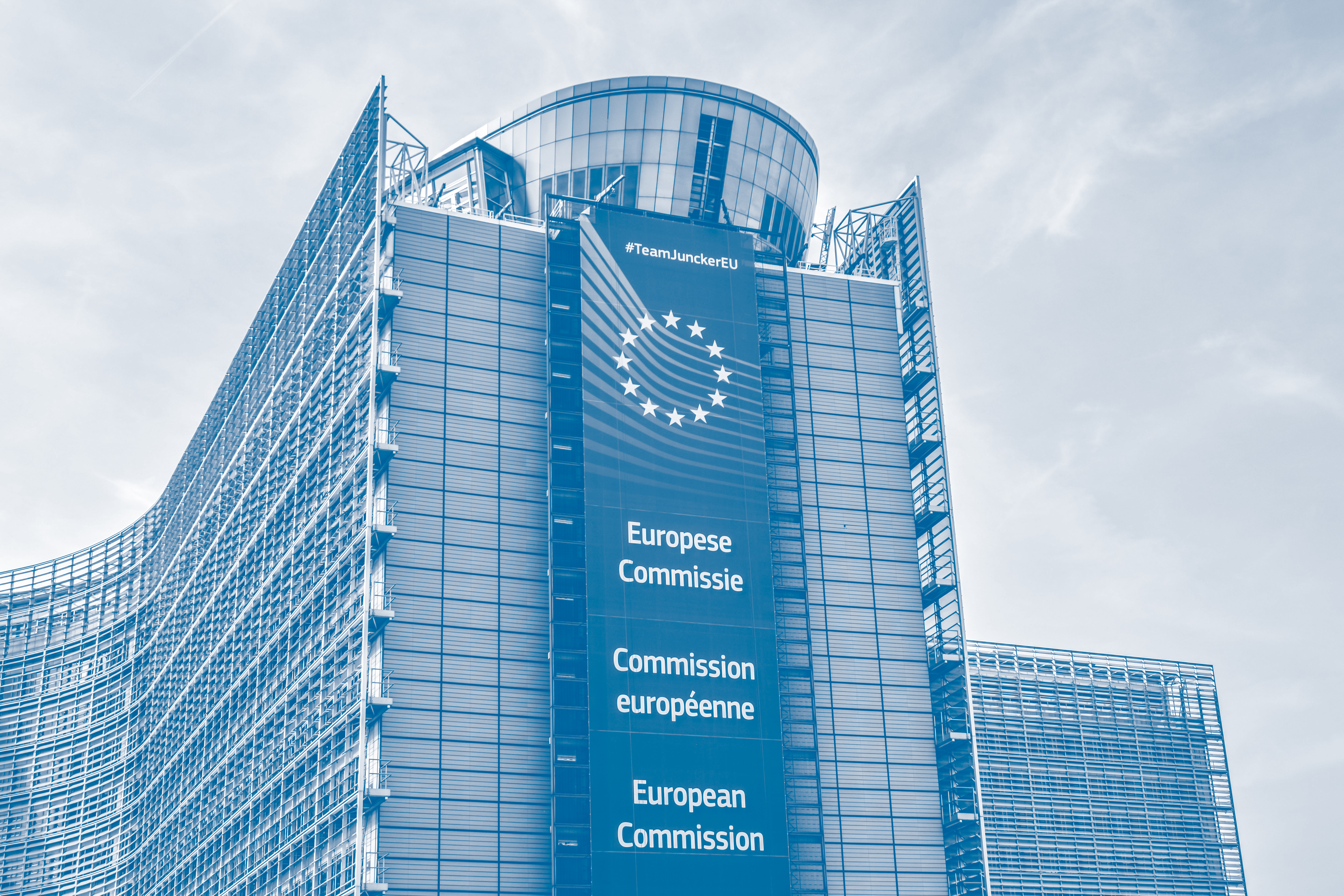By Kristof Bender | Vienna
The EU accession process can inspire reforms, increase prosperity, strengthen democracy and help transform the politics of the Western Balkans. In order to achieve this, it needs to be credible and fair. It needs to provide clear guidance to politicians, inspire civil servants and help them to focus, and signal to civil society where a country stands in any given area of reform. Currently the EU accession process does not achieve this.
First, there is an obvious problem of credibly assessing the state of reforms in various Balkan countries. The front-runner Montenegro has opened 31 out of 35 chapters, Turkey has opened 16, and Macedonia has not opened a single one. However, the annual assessments of the European Commission suggest that Montenegro, Turkey, and Macedonia are all at the same level in the priority areas covered by the Commission’s ‘fundamentals first’ approach (see box). This is not useful guidance to anyone, reformers or outside observers, and needs to be improved.
Second, based on the Commission’s existing assessments, the ongoing process is not delivering reforms, even in those countries that are currently negotiating and thereby expected to benefit from the full transformative power of the accession process. Reforms in Serbia have slowed down in many areas since the country opened negotiations in January 2014. The rule of law is no more advanced in Montenegro than in Bosnia and Herzegovina. One reason for this may be the lack of clear feedback and credible assessments.
As a result, the formal status of a given country (potential candidate, candidate, negotiating), or whether a certain chapter has been opened or not, does not say much about that country’s preparedness to join the EU.
A model: visa liberalisation
When we look back at the EU’s approach towards the Western Balkans over the last decade, there is one model that worked well: the visa-liberalisation process for the Western Balkans.
This was based on a simple principle: First, develop a comprehensive list of criteria and present it to all countries. Then, put together teams of experts, including from member states, to regularly assess all the criteria in all countries, regardless of their formal status in the accession process. Finally, make the assessments available in a systematic and comparable way, using clear and unambiguous language.
When we look back at the EU’s approach towards the Western Balkans over the last decade, there is one model that worked well: the visa-liberalisation pro- cess for the Western Balkans.
This approach led to substantive reforms in all countries, including in those which were initially lagging behind. It also helped to convince sceptics in EU member states. Credible assessments convincingly showing that the criteria had indeed been met convinced even sceptical European politicians to grant visa-free travel.
The visa-liberalisation model was based on motivational tools which everyone who has ever tried to master a challenge is familiar with: clear goals, detailed and continuous feedback, and an element of competition and comparison with peers.
The accession process as we know it today does not yet do enough to have the same effect. There is not enough quality feedback.
This makes comparisons, benchmarking and positive competition between Western Balkan countries in specific reform areas impossible.
An agenda for 2019
The European Commission has recognised these problems, and has also begun to move in the direction of addressing them, but it has not yet gone far enough. Here is how it could do so.
First, it would be good to establish clear common criteria based on the acquis (or a ‘core’ acquis) in the form of reform roadmaps in key areas, such as public procurement (Chapter 5), food safety (Chapter 12), or statistics (Chapter 18), which could later be extended to more areas.
Second, it could appoint teams of experts, including some seconded by member states, to regularly assess the progress on these roadmap criteria in all Western Balkan countries. These assessments should be made publicly available, in a comparable fashion and in clear language.
This would put the European Commission’s reports at the centre of reform debates in the Western Balkans, as the most credible analysis of reform implementation. It would convince sceptics in EU member states that when progress is reported, it is based on thorough assessments.
Most importantly, it would strengthen the hand of the reformers in the Western Balkans. At the same time, more easily understandable and more comparable information on reforms can empower opposition groups, media and civil society to expose shortcomings more easily.
__
KRISTOF BENDER is deputy chairman of the European Stability Initiative (ESI) and a visiting fellow at the Institute for Human Sciences (IWM) in Vienna. @kristofbender

